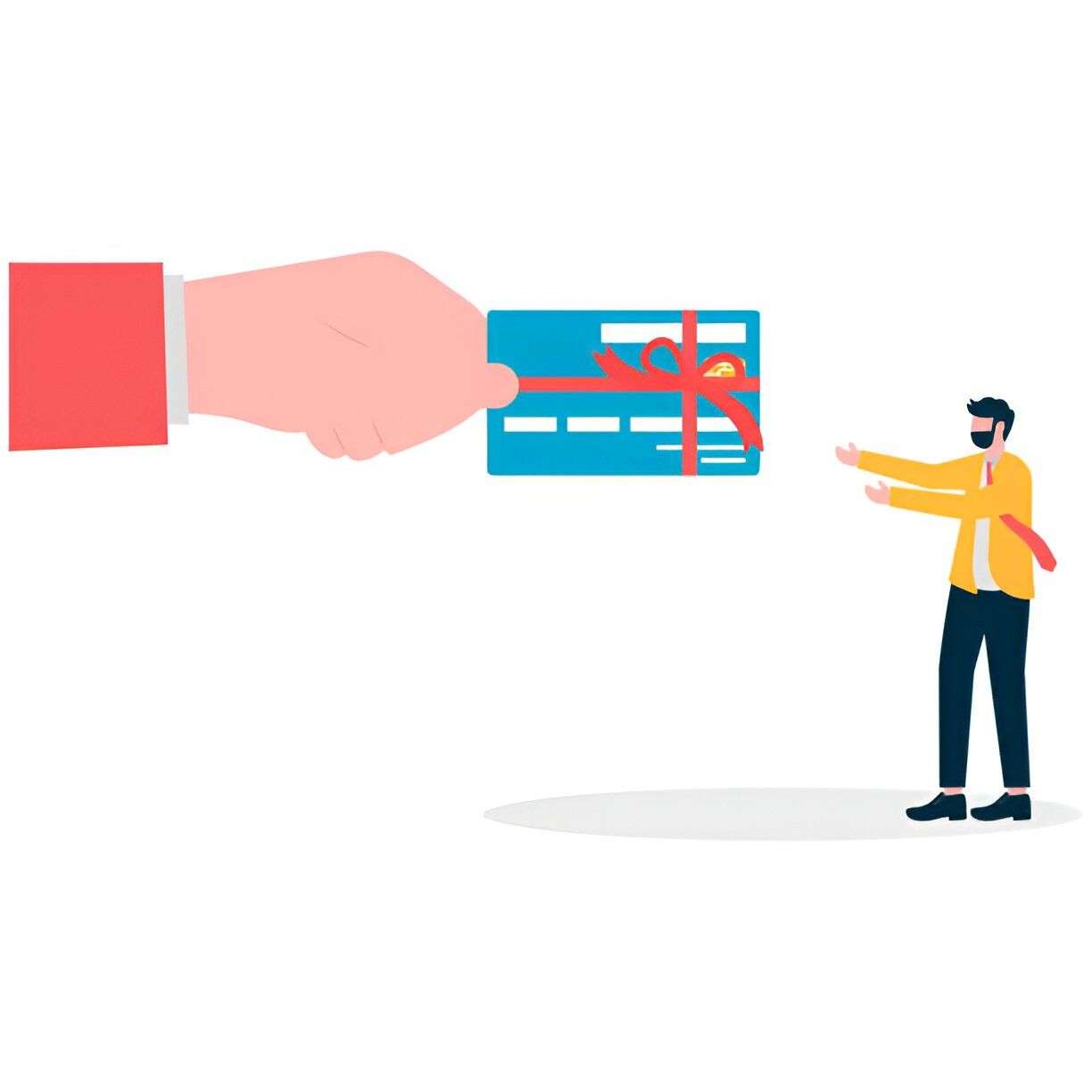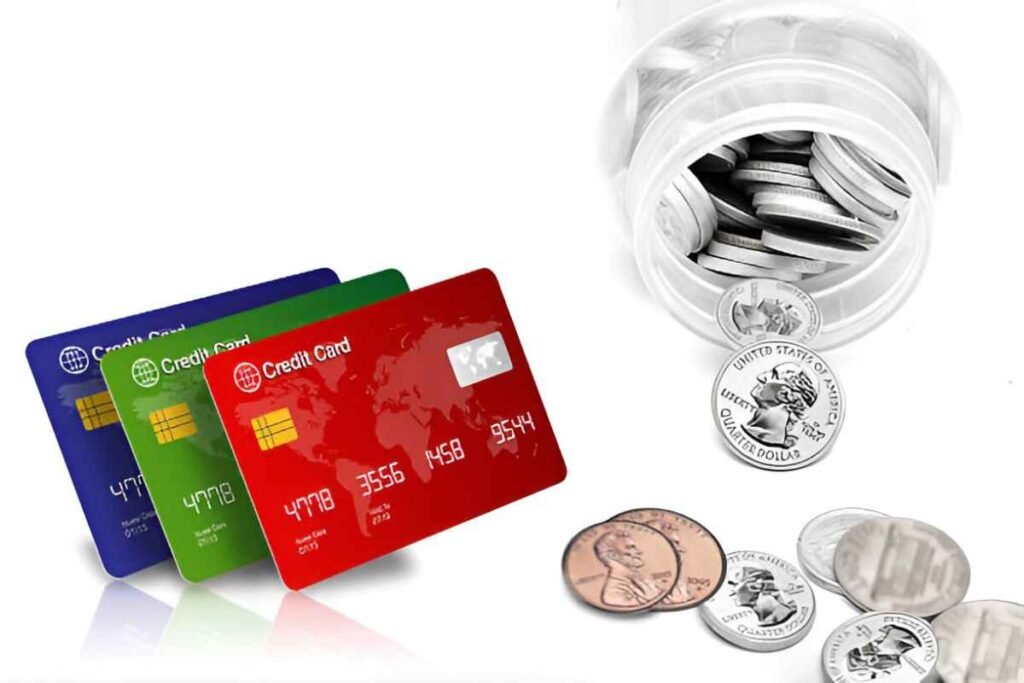Debt can become overwhelming, especially when credit cards are involved. With high interest rates and minimum payments that barely make a dent, many people consider taking out a personal loan to pay off their credit cards. But is it the right move? Let me walk you through the key considerations, advantages, drawbacks, and some real-world scenarios to help you make an informed decision.
Table of Contents
Understanding Credit Card Debt vs. Personal Loans
Credit cards typically come with high interest rates, often ranging from 15% to 25% or more, depending on your credit score and the type of card you have. On the other hand, personal loans generally offer lower interest rates and fixed repayment terms.
Here’s a comparison:
| Factor | Credit Cards | Personal Loans |
|---|---|---|
| Interest Rate | 15% – 25% or more | 6% – 15% |
| Payment Term | Revolving, no end date | Fixed term (1-7 years) |
| Monthly Payment | Varies, minimum required | Fixed amount |
| Credit Impact | High utilization hurts | Consistent payments help |
| Flexibility | High, reuse credit | One-time disbursement |
Credit cards give you flexibility, but the revolving nature of the debt makes it easier to fall into a cycle of borrowing. Personal loans, with their structured repayment schedule, can provide a clear path to becoming debt-free.
When It Makes Sense to Use a Loan to Pay Off Credit Cards
Taking out a personal loan to pay off credit cards can be a smart financial move under certain conditions. Consider it if:
- You qualify for a lower interest rate: If the loan interest rate is significantly lower than your credit cards, you could save money on interest over time.
- You struggle with multiple payments: A single loan payment can simplify your financial life compared to managing multiple credit card bills.
- You have a clear repayment plan: If you can commit to making fixed monthly payments without falling back into credit card debt, it may be a practical solution.
- Your credit score is good enough to get favorable terms: If your credit is strong, lenders may offer better interest rates and loan terms.
When It Might Not Be a Good Idea
Consolidating credit card debt with a loan isn’t always the right choice. Here are some situations where it might not work well:
- If you continue to use your credit cards: Paying off your balances with a loan but continuing to rack up debt can lead to even more financial strain.
- If the loan has high fees or prepayment penalties: Some personal loans come with origination fees, and paying off the loan early may incur additional costs.
- If your credit score is low: A poor credit score could result in a higher loan interest rate, negating the benefits of consolidation.
- If the monthly payment is unaffordable: Personal loans require fixed payments, which may strain your budget compared to flexible credit card minimum payments.
Example Scenario with Calculations
Let’s look at an example to understand potential savings.
Suppose you have the following credit card debts:
| Credit Card | Balance | Interest Rate | Minimum Payment |
|---|---|---|---|
| Card 1 | $5,000 | 22% | $150 |
| Card 2 | $3,000 | 18% | $90 |
| Card 3 | $2,000 | 20% | $60 |
Your total debt is $10,000 with an average interest rate of around 20%. If you continue making minimum payments, it could take years to pay off, and you’d end up paying thousands in interest.
Now, assume you qualify for a personal loan with a 9% interest rate for three years. Here’s the breakdown:
| Loan Amount | Interest Rate | Term | Monthly Payment | Total Interest Paid |
|---|---|---|---|---|
| $10,000 | 9% | 3 years | $318 | $1,448 |
By taking out the loan, you would pay a fixed monthly amount of $318 and save significantly on interest. However, you must be disciplined to avoid new credit card spending.
Pros and Cons of Using a Loan to Pay Off Credit Cards
Pros
- Lower Interest Costs: You could reduce the total interest paid by securing a lower loan rate.
- Predictable Payments: Fixed payments help with budgeting and long-term planning.
- Simplification: Managing one payment is easier than juggling multiple cards.
- Credit Score Improvement: Lowering credit utilization can improve your credit score over time.
Cons
- Temptation to Accumulate New Debt: Clearing cards may lead to spending again, worsening your situation.
- Upfront Fees: Some loans come with origination fees that add to the cost.
- Loss of Flexibility: Credit cards offer flexible payments, whereas loans require fixed monthly obligations.
- Potential for Higher Total Cost: If loan terms extend too long, you may pay more in the long run.
Alternatives to Using a Loan
If a personal loan isn’t the best fit for your situation, consider these options:
- Balance Transfer Credit Cards: Many offer 0% interest for an introductory period, which can help you pay down debt faster.
- Debt Management Plans: Working with a credit counseling agency can provide structured repayment plans without taking on new debt.
- Snowball or Avalanche Methods: Focus on repaying the smallest balance first (snowball) or the highest interest rate first (avalanche) without taking out a new loan.
- Negotiating with Creditors: Some credit card companies may lower your interest rate or offer hardship programs.
Key Questions to Ask Before Taking a Loan
Before deciding, ask yourself:
- Will I be able to avoid using credit cards while repaying the loan?
- Do I understand all the terms, including fees and repayment schedules?
- Is my financial situation stable enough to handle fixed payments?
- How much total interest will I pay with the loan compared to my current cards?
Final Thoughts
Using a loan to pay off credit cards can be a valuable tool, but it requires careful planning and financial discipline. Assess your situation, compare options, and ensure the benefits outweigh the costs. If you choose to go this route, focus on building better financial habits to stay debt-free in the future.





